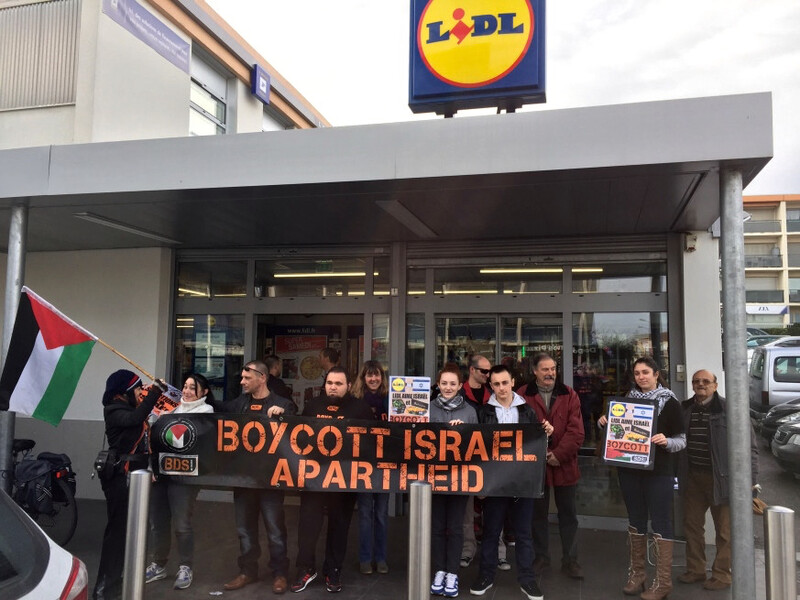Saudi Arabia
is geographically the second-largest state in the Arab world after Algeria, the
world's largest oil producer and exporter; it controls the world's second
largest oil reserves after Venezuela, and the sixth largest gas reserves. The
oil industry is concentrated in the northeastern part of the country, and its
production costs are estimated among the lowest worldwide.
The Kingdom
is in need of serious reforms. Unemployment raised to more than 12% of the
labor force at the end of 2015, but among the youngest people. In April 2016 it
was published in Riyadh (the Saudi capital) a plan called “Vision 2020”, a
daring proposal whose main points were to diminish the dependence from oil
exports, an accelerated growth of the private business segment of the Kingdom’s
economy, shortcuts in the public sector employment, cancelation of subsidies,
increased taxation to diminish the public debt, and more transparency and profitability
to the government economic activity. By the 2019 it is expected an important
increase of the cost of fuel, water and electricity. The base of the reforms
are the recommendations of the International Monetary Fund.
An open
question is what will happen with the more than six million foreign workers,
who play an important role in the Saudi economy, particularly in the oil and
service sectors.
The Kingdom
has a plan to increase the annual number of pilgrims to Mecca from the current
seven million to thirty million in the future. Half of those trips will be
flown by Saudi Arabian Airlines, with the remaining covered in joint ventures
with the flag carriers of Islamic nations including Malaysia, Indonesia and
Nigeria.
The
modernization process included some strong measures, like the arrest this month
of more than 200 Saudi citizens, including eleven princes and four government
ministers, on corruption charges. The big question remains if this harsh steps
aim to create a more open and dynamic business environment, or if the arrests
turn out to be no more than a purge of opponents to the crown prince's
accession to the throne. According to some Saudi sources estimates, the Kingdom
may be able to recover between US$50 billion and US$100 billion from settlement
agreements with suspects detained in an anti-corruption crackdown.
The anti-corruption
crackdown comes at a delicate time for the Saudis, an absolute monarchy
grappling with the worst economic slowdown since 2009 as well as political
unrest in the region, stirred in no small part Iran’s aggressive foreign policy
to empower the Shiite influence in the region. In the past two years, Saudi
Arabia had to deal with the Shiite Houthi insurgency in Yemen and confrontation
with its neighboring Qatar.














